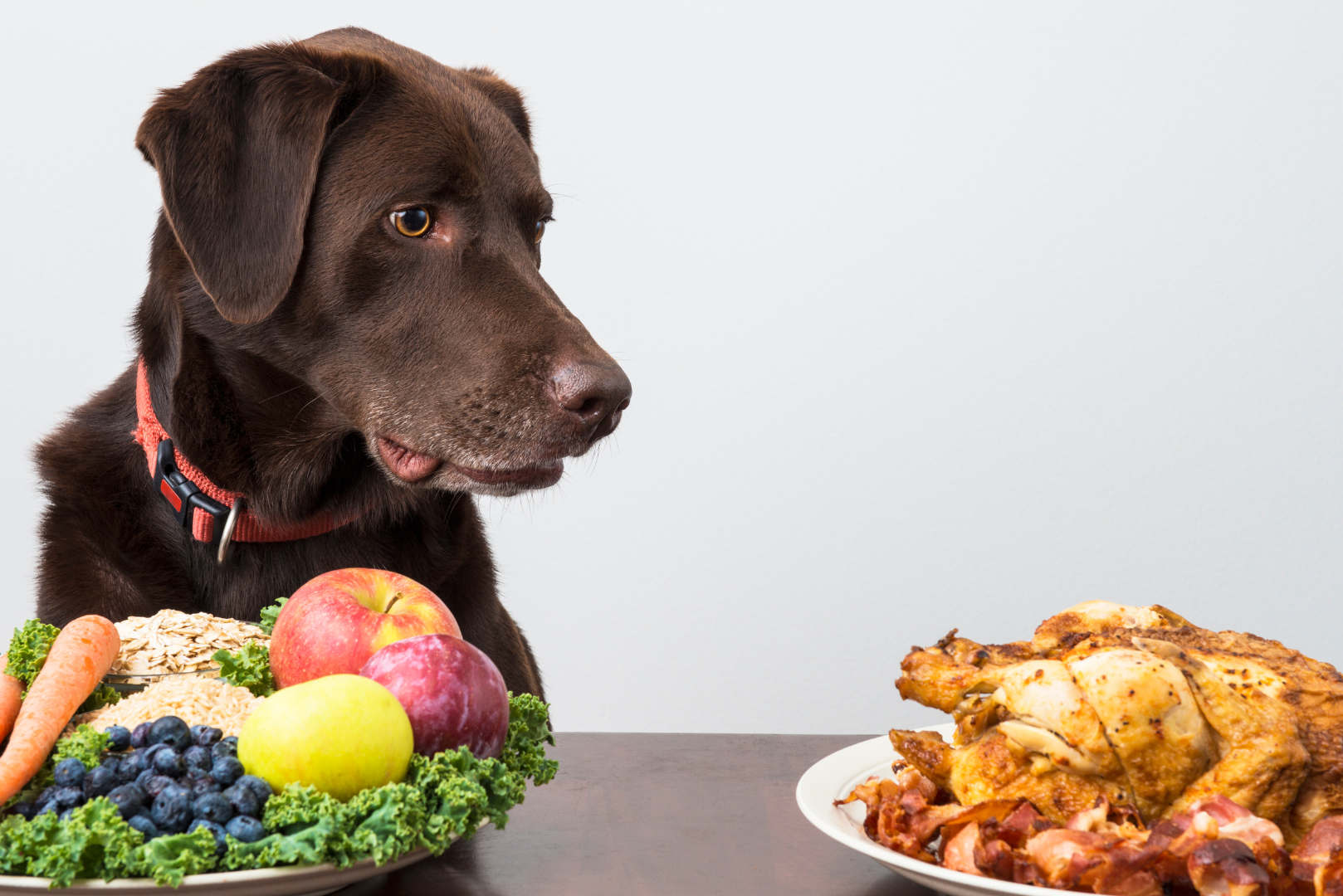Taking Care of Senior Pets

Senior Pet Care
Our pets are more like family members than mere animals, and they deserve the best care we can give them. As our furry friends get older, their needs change, and it’s important to understand how to give them the proper care in their golden years. Here are some essential tips on taking care of your senior pet.
Regular Vet Visits
Regular vet visits become even more important as your pet ages. Just like us, our pets may develop health issues as they get older. Routine annual blood work, including a check of Liver/Kidneys/Thyroid is highly recommended. Many times an underfunctioning organ can be masked until symptoms are far too developed. A veterinarian can help diagnose any problems early on and take appropriate measures to keep your pet healthy for as long as possible. Additionally, a vet visit is a great opportunity to discuss ways to keep your pet comfortable and pain-free in their old age. It’s recommended that senior pets receive regular checkups at least twice a year.
Adapt Your Pet’s Diet
Your pet’s dietary requirements may change as they get older, so it’s important to pay close attention to their food intake. Specialty senior diets are available for cats and dogs that contain modified levels of fat and protein along with added supplements that support joint health or other specific conditions such as kidney disease or diabetes. Talk with your veterinarian about the right diet for your aging pet and make sure you adjust the amount of food depending on their activity level throughout the day.
Keep Them Active
Exercise is just as important for senior pets as it is for younger ones because it helps maintain muscle tone, prevents obesity, strengthens joints and bones, improves circulation, and boosts mood—all of which are especially critical during later life stages. Even if you don’t have time for long walks around the neighborhood anymore, try playing with toys indoors or going outside together in short bursts several times a day! If you notice any difficulty walking due to arthritis or joint pain, consult with your veterinarian about medications or other treatments that can help alleviate discomfort while still keeping them physically active.
Caring for senior pets requires patience, understanding, and extra love—but it doesn’t have to be overwhelming! By following these tips on caring for senior pets, providing them with lots of love and attention (and perhaps a couple extra treats), you can ensure that you both enjoy many happy years together! Regular vet visits combined with special diets adapted to their growing needs plus daily physical activity will make all the difference in helping extend the quality of life of your beloved furry friend into their golden years!










